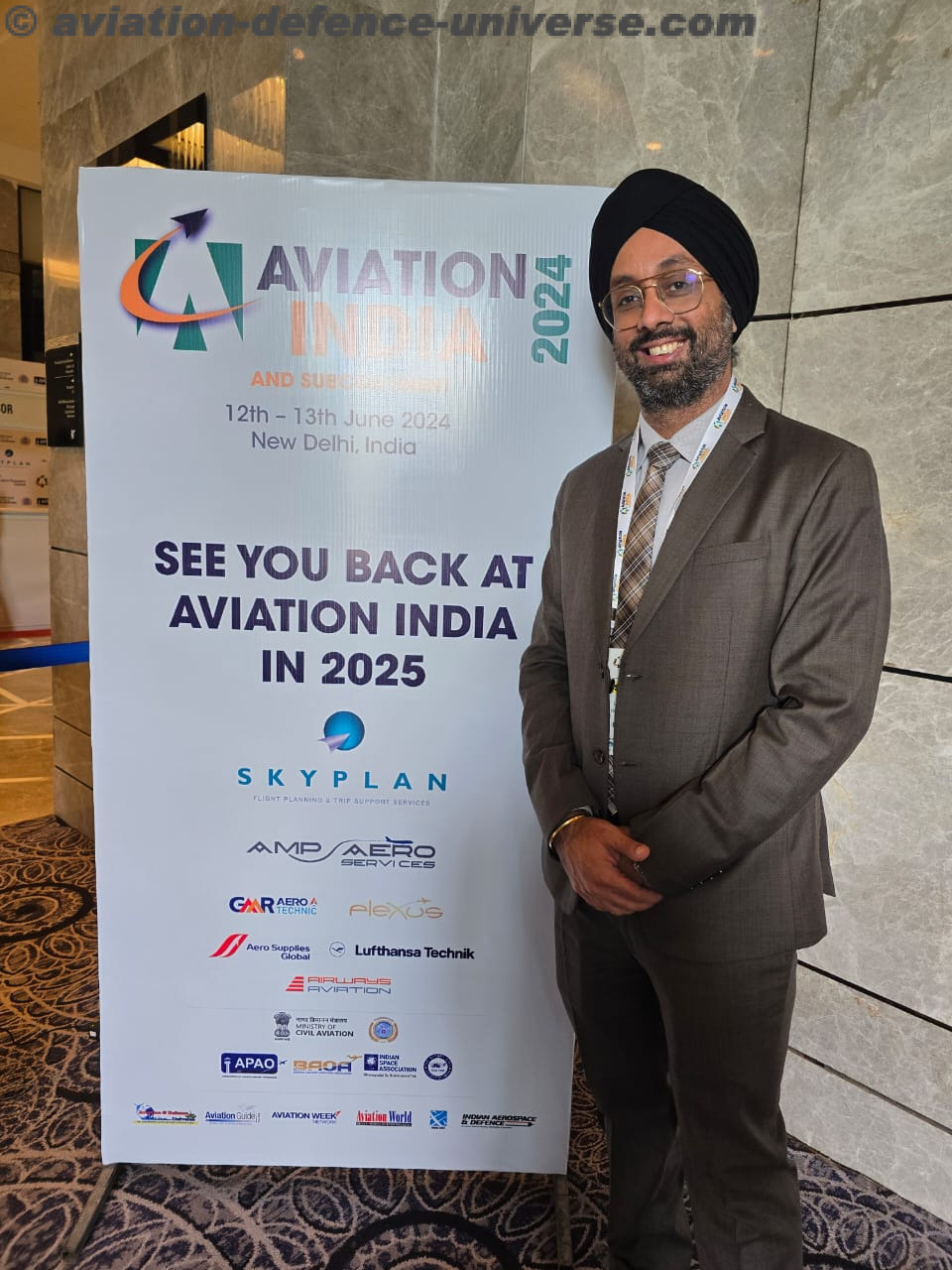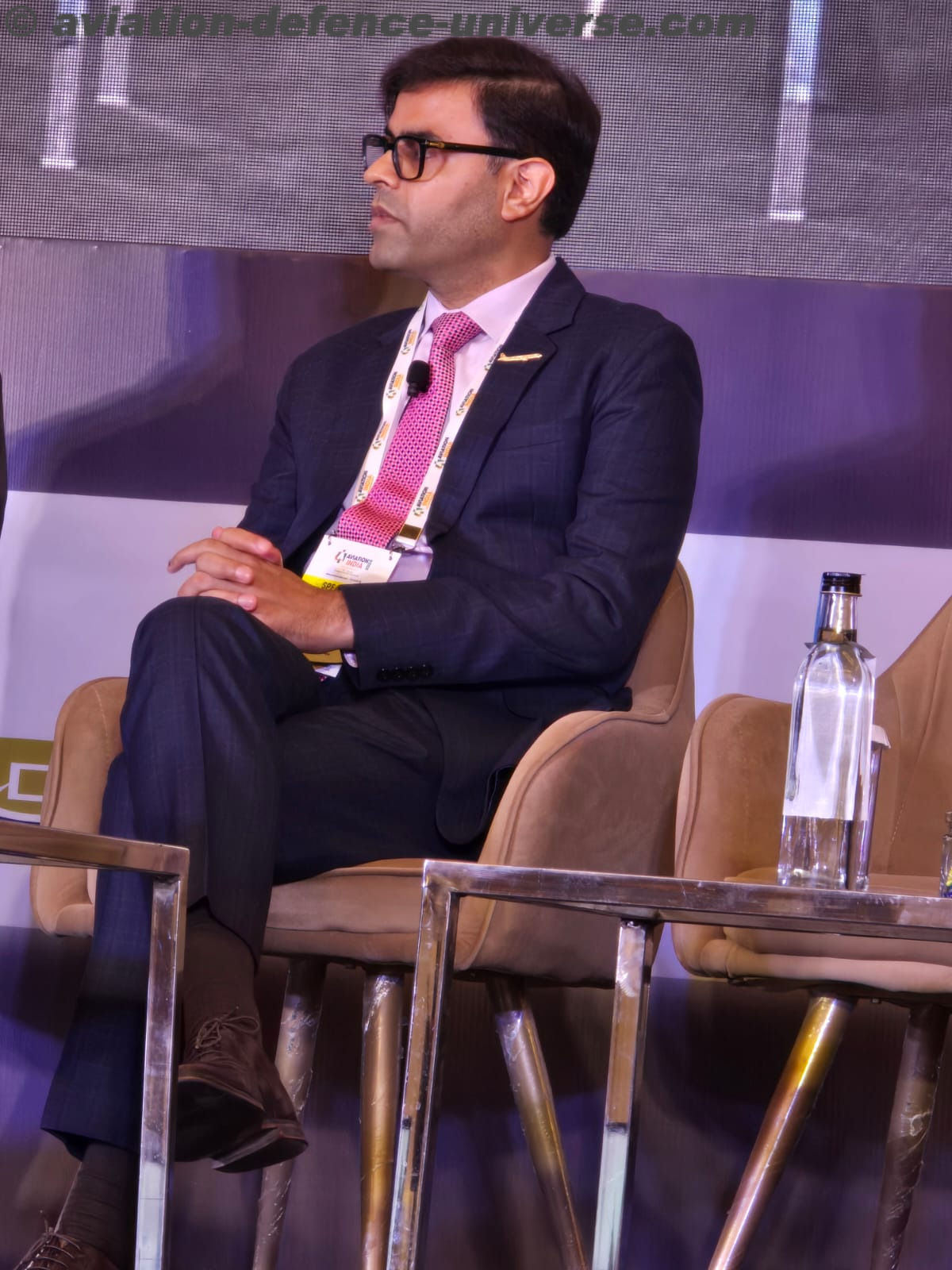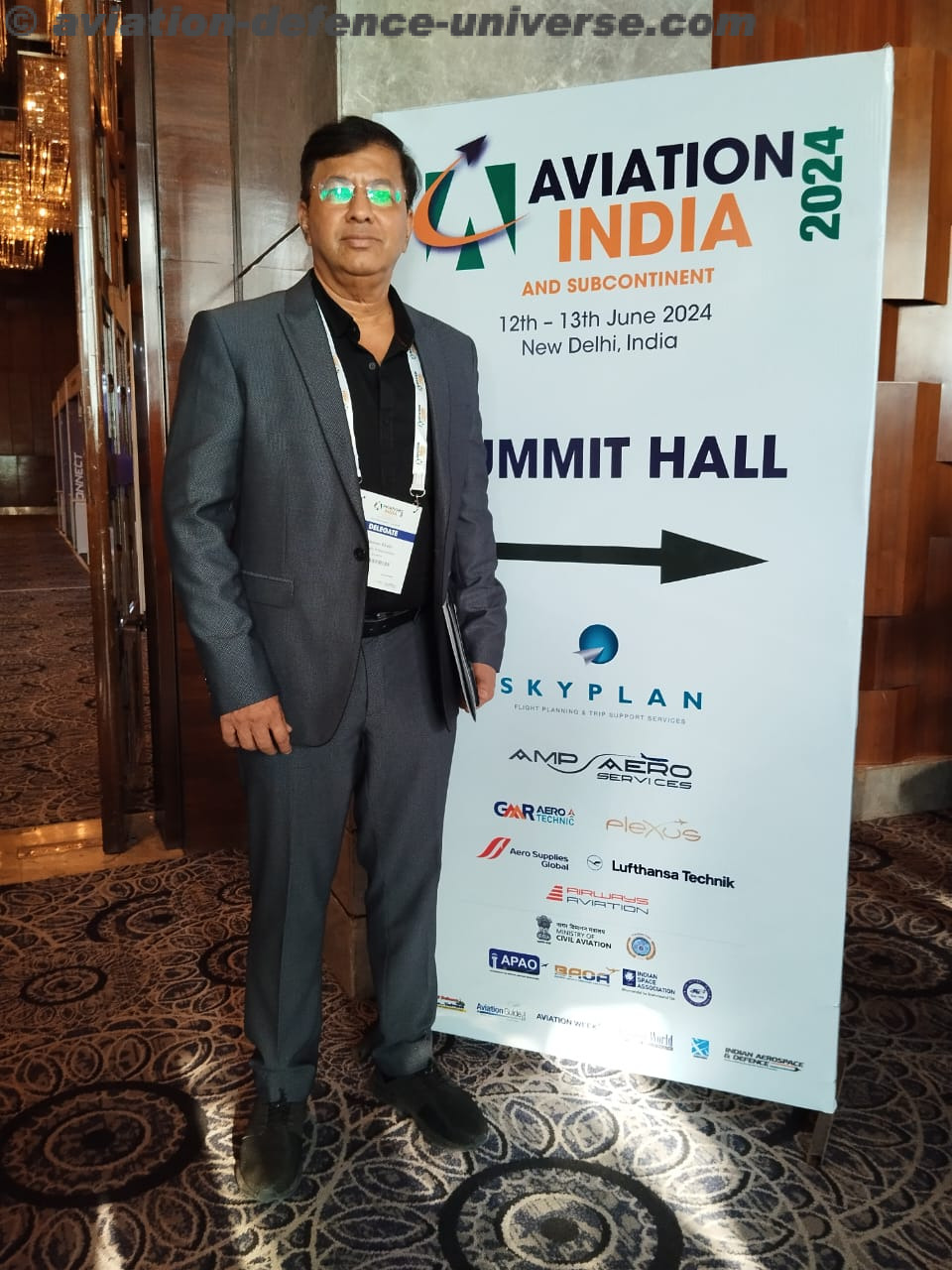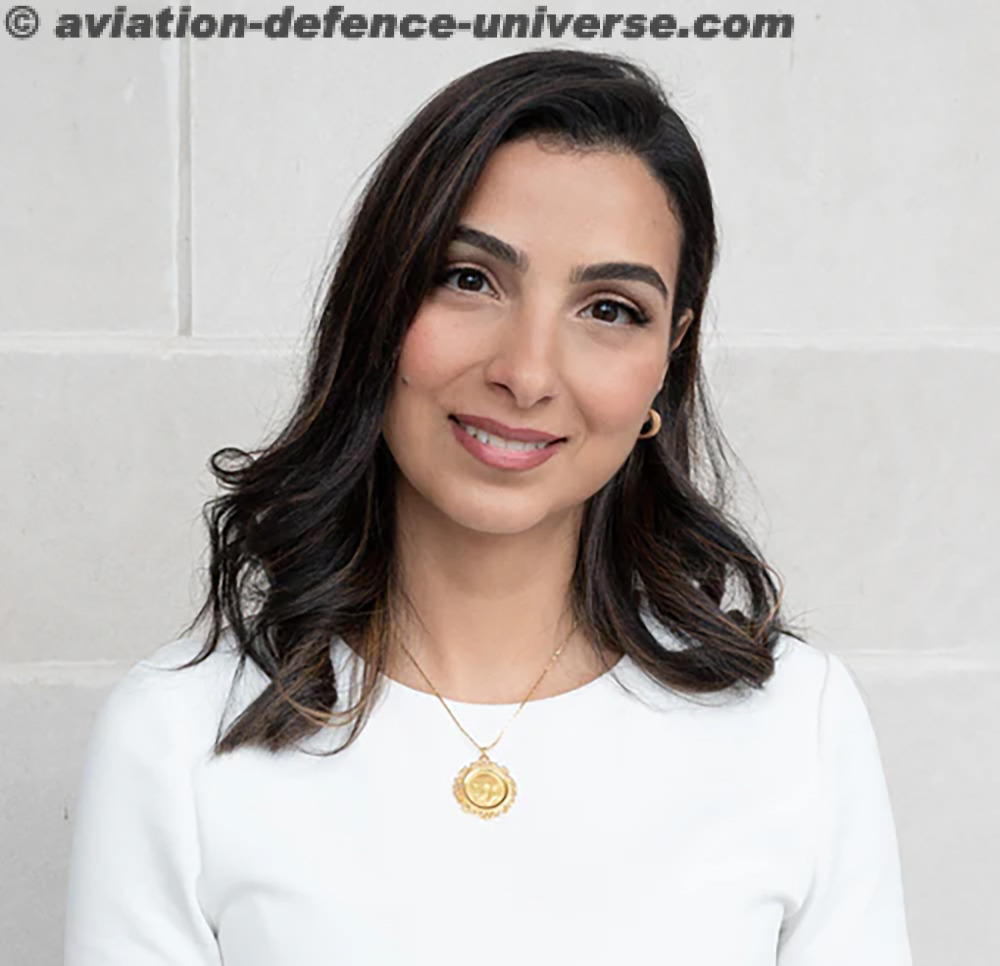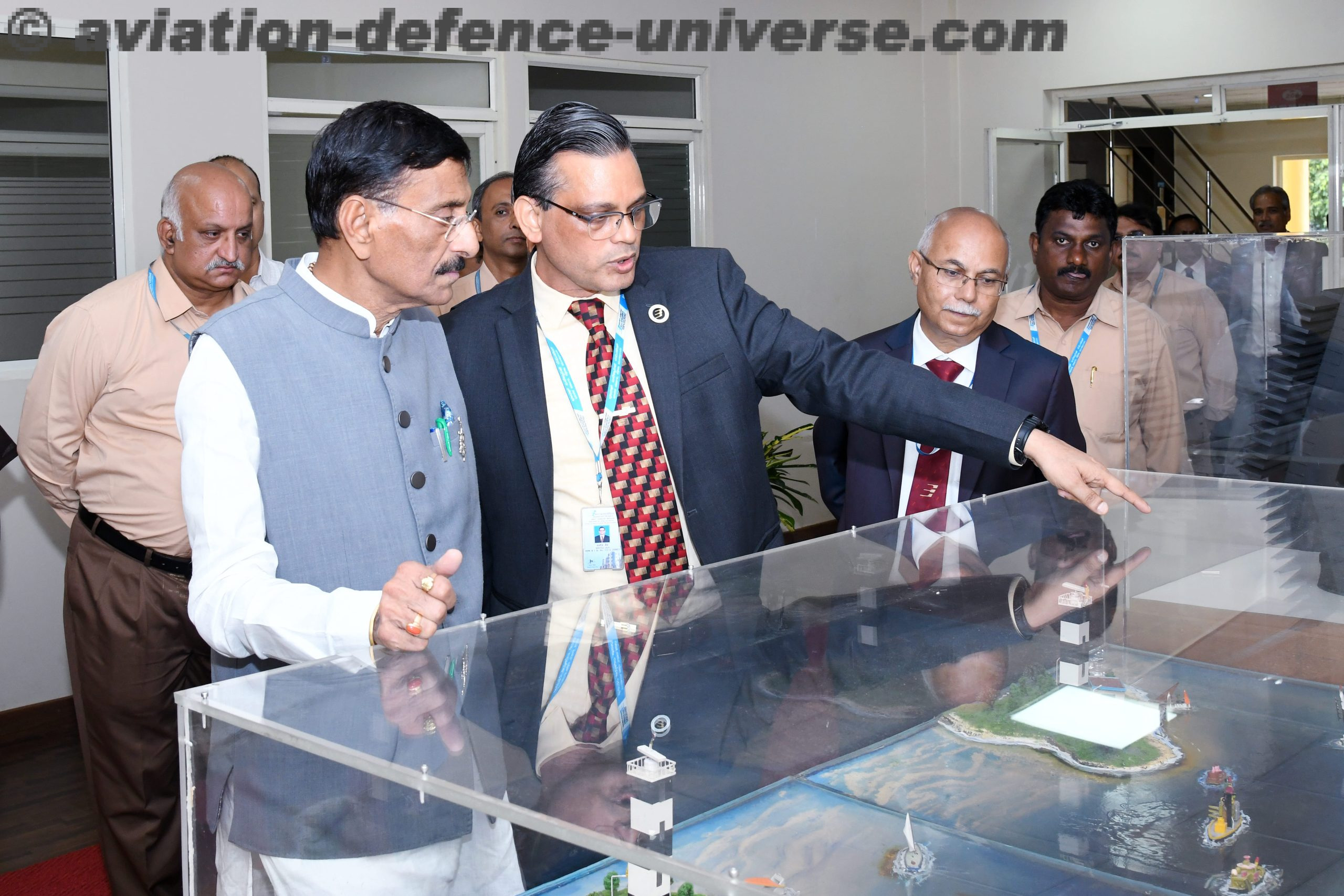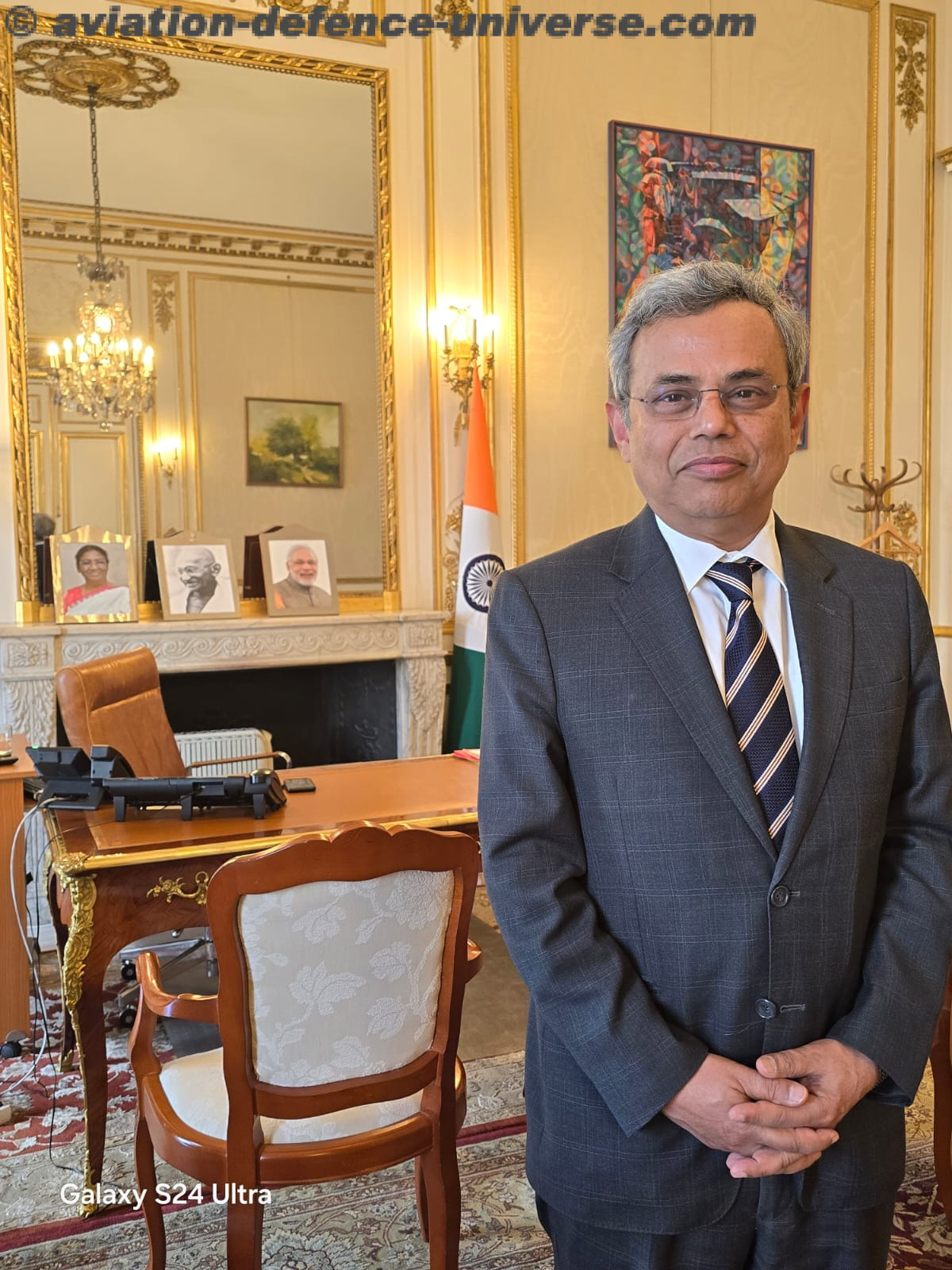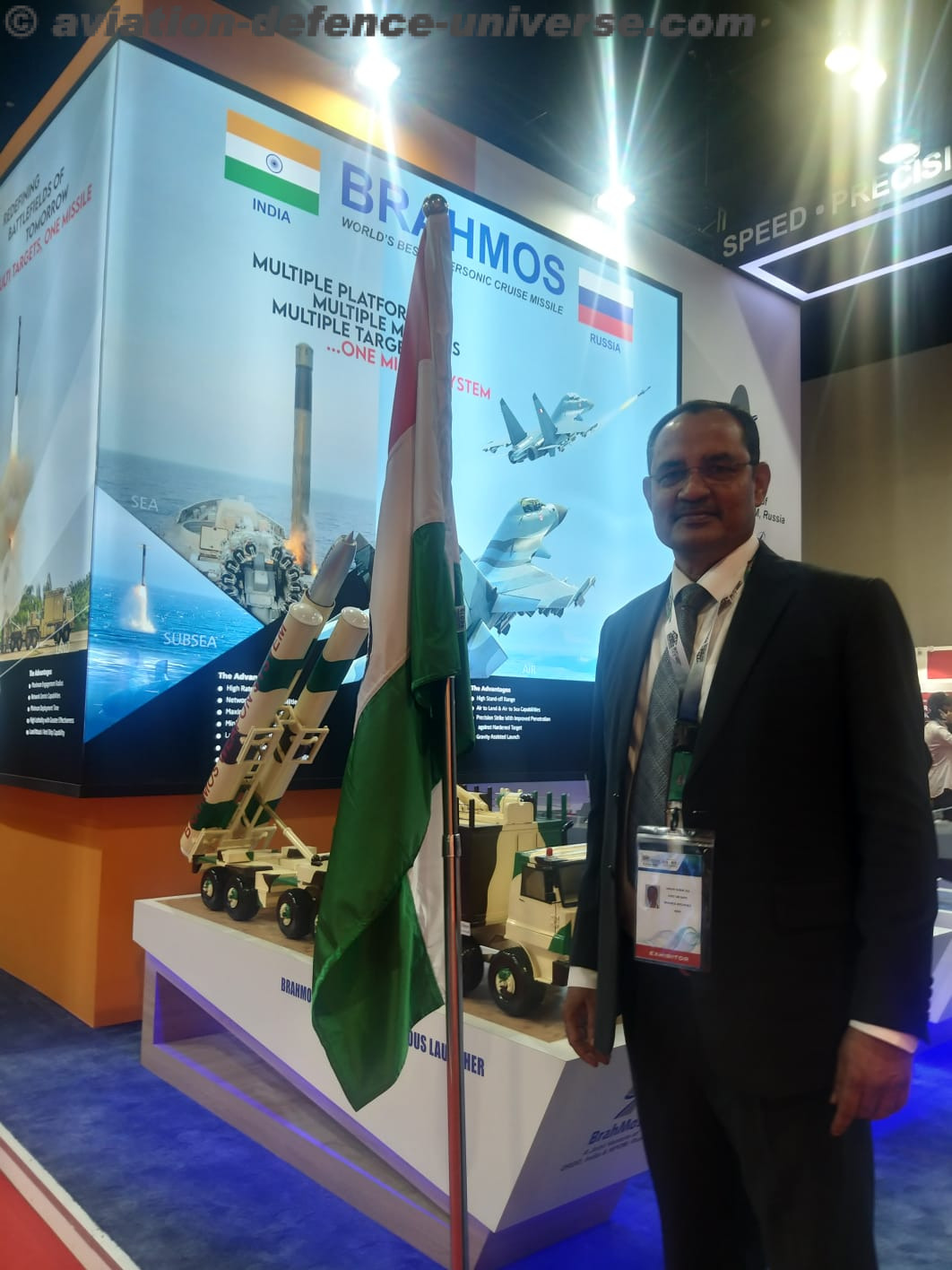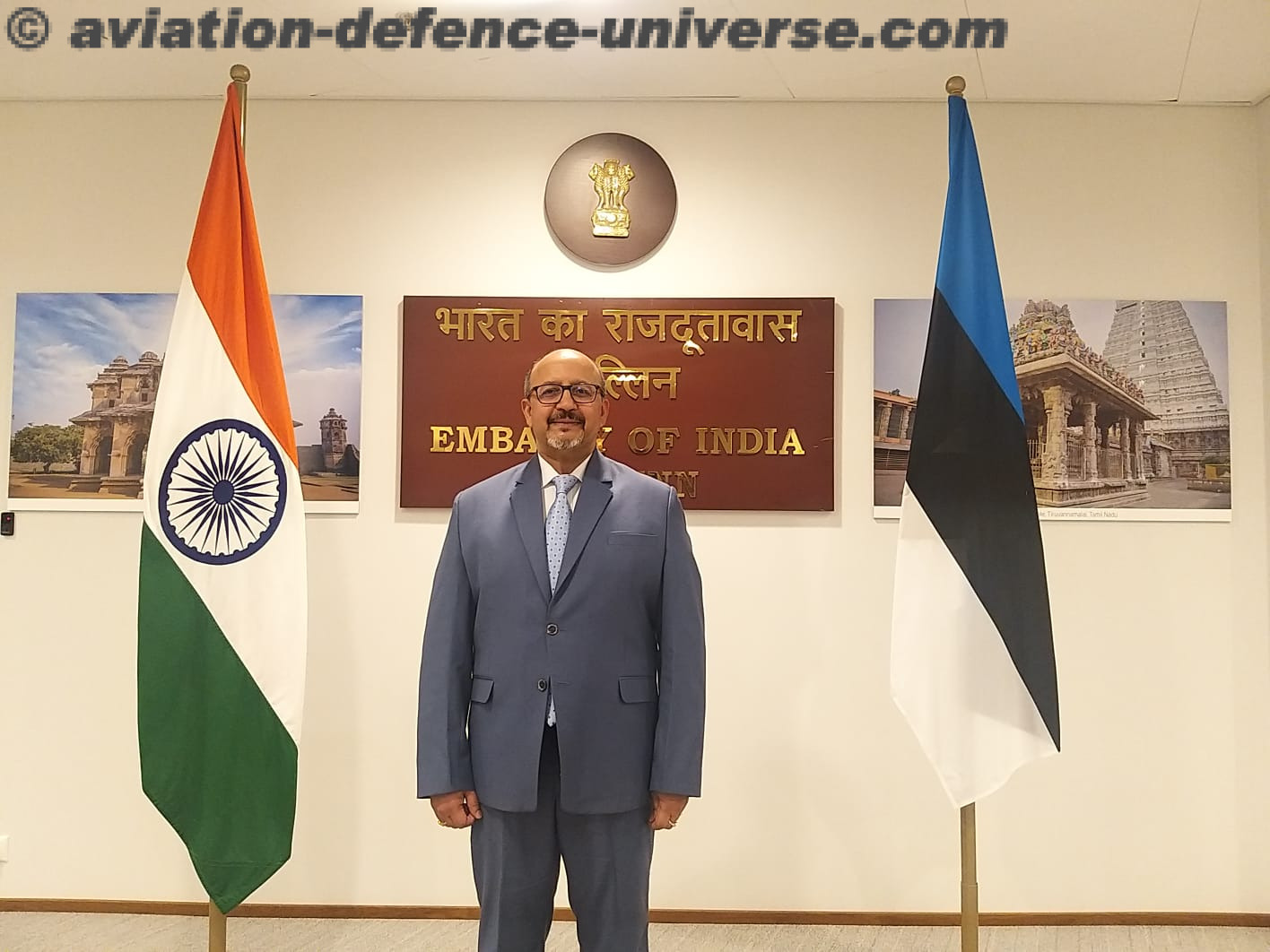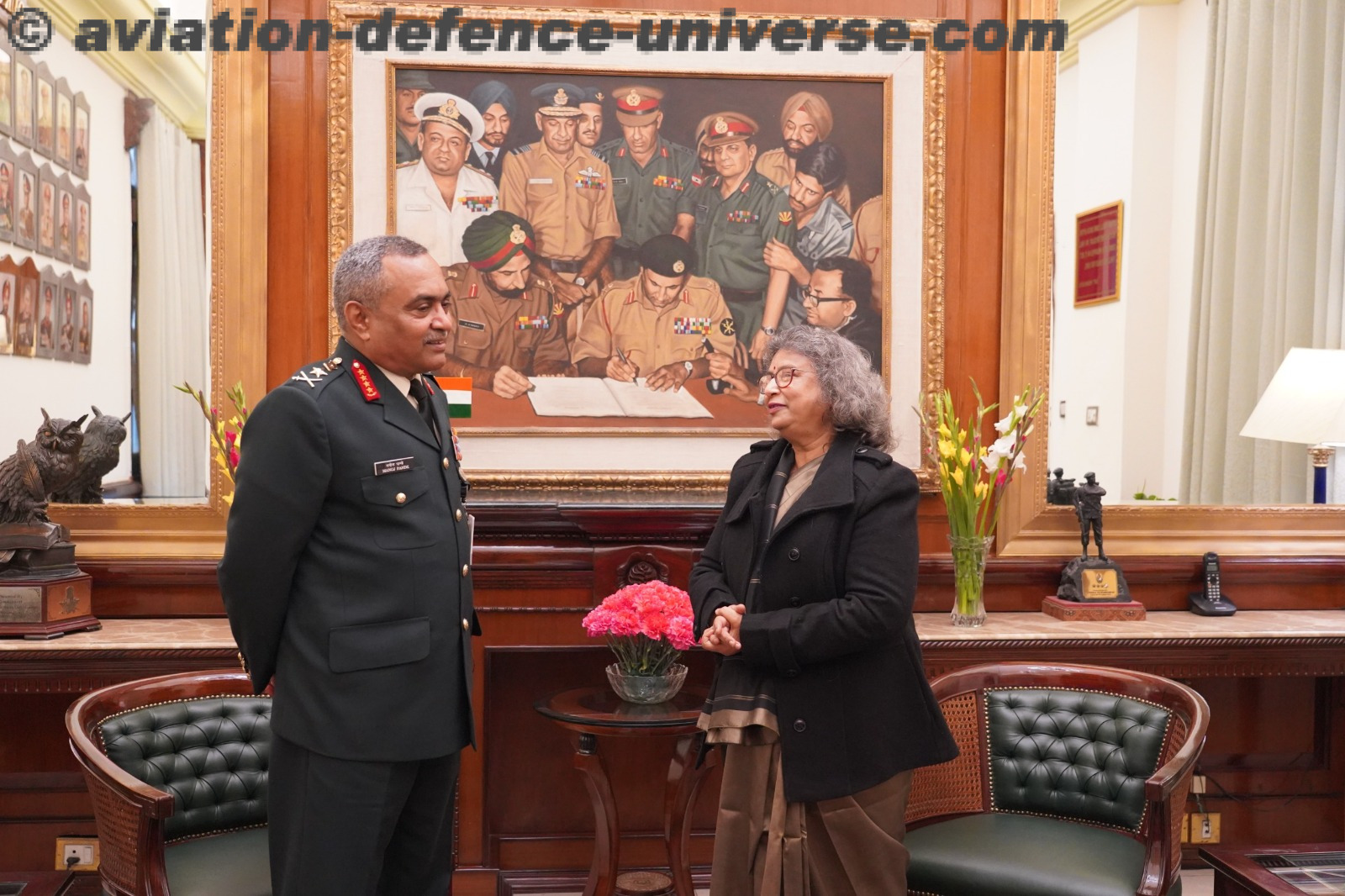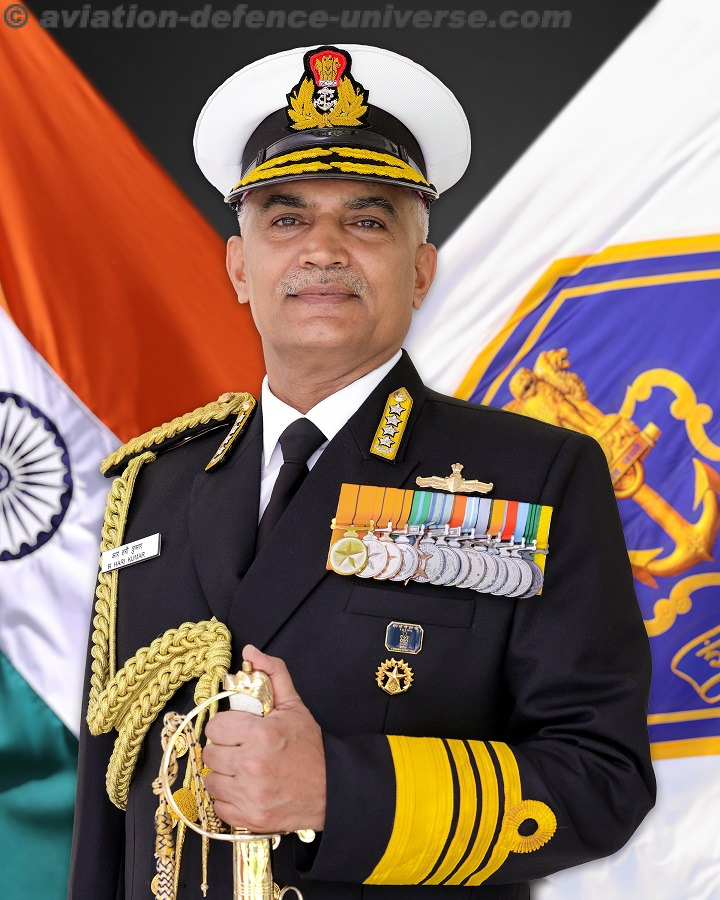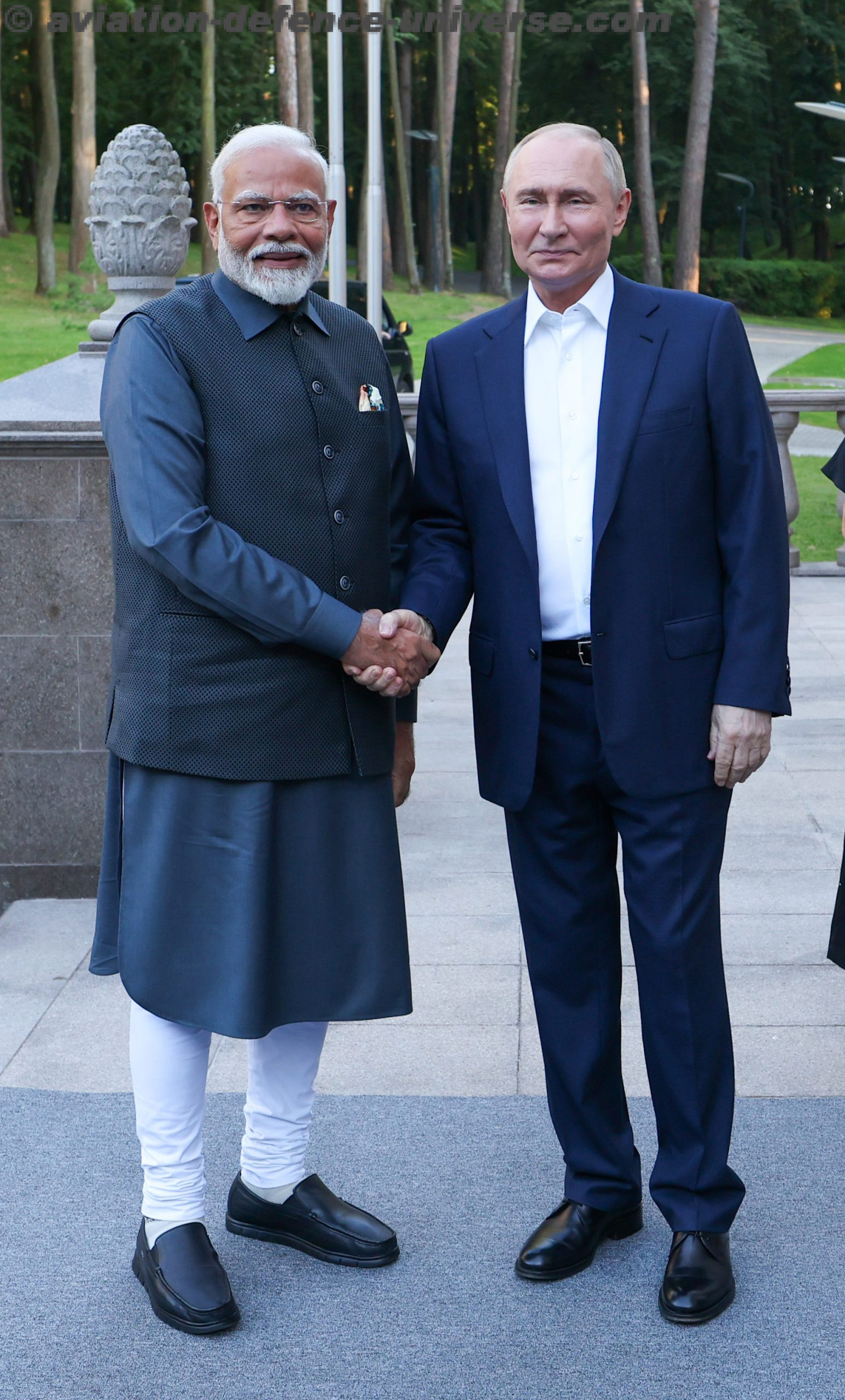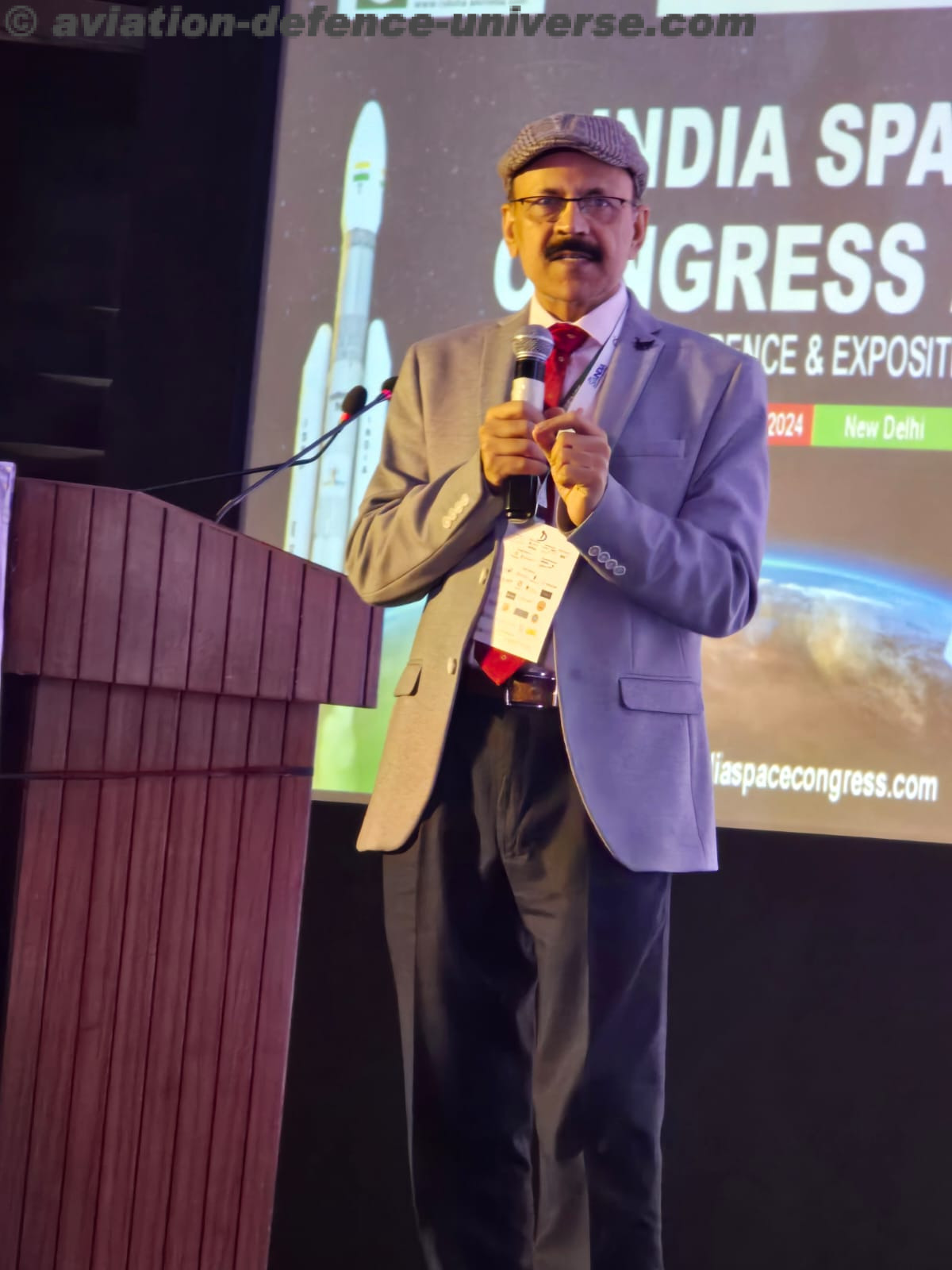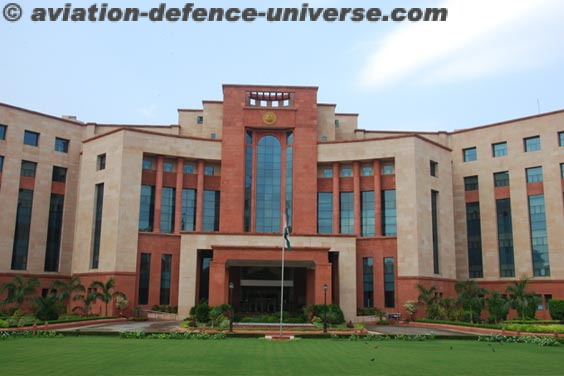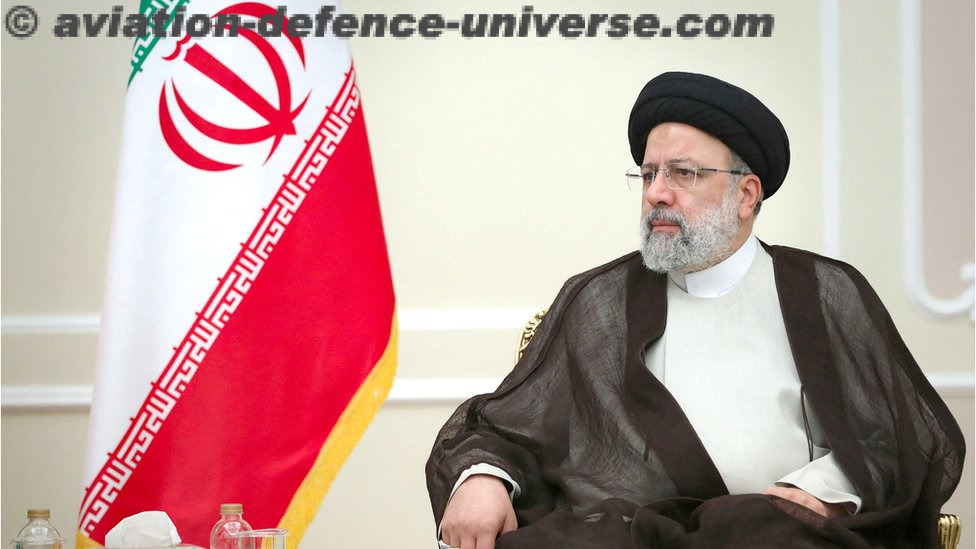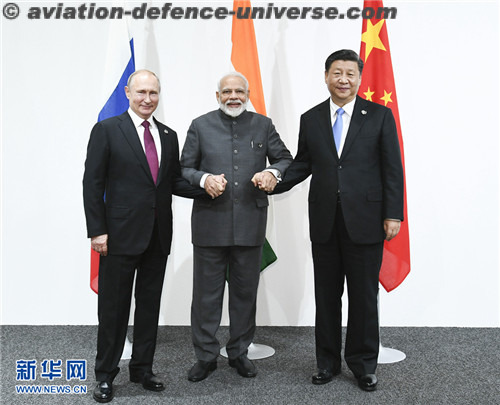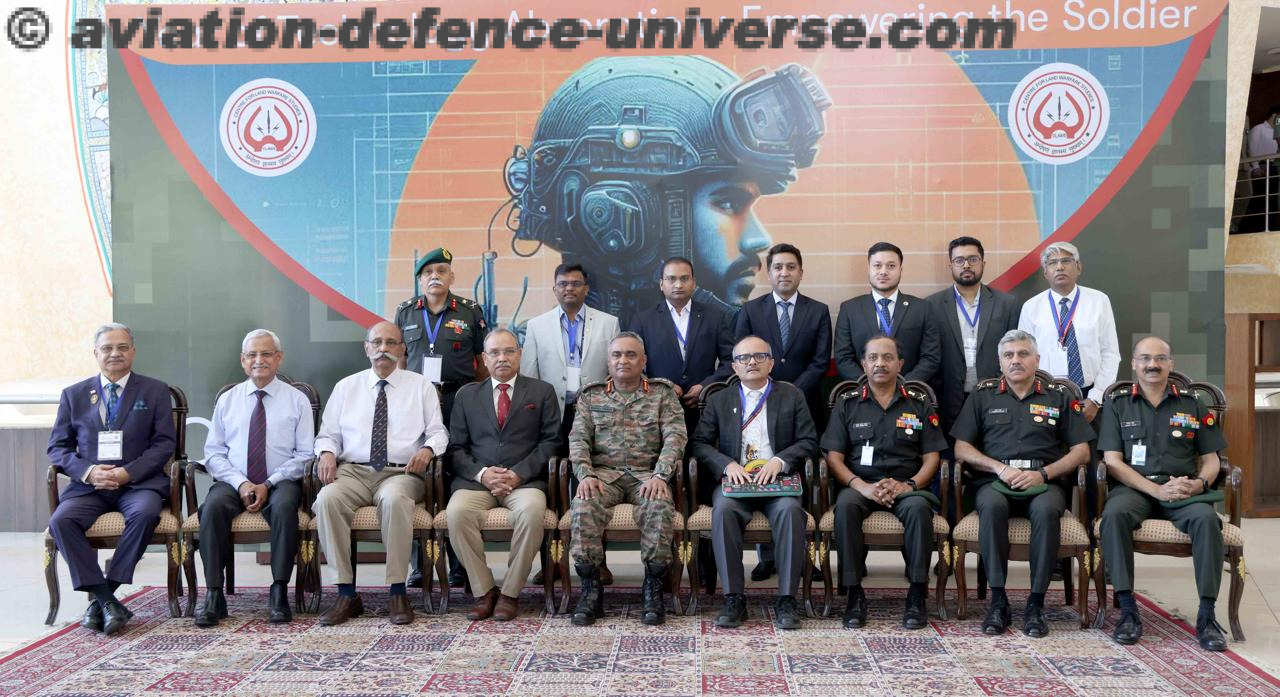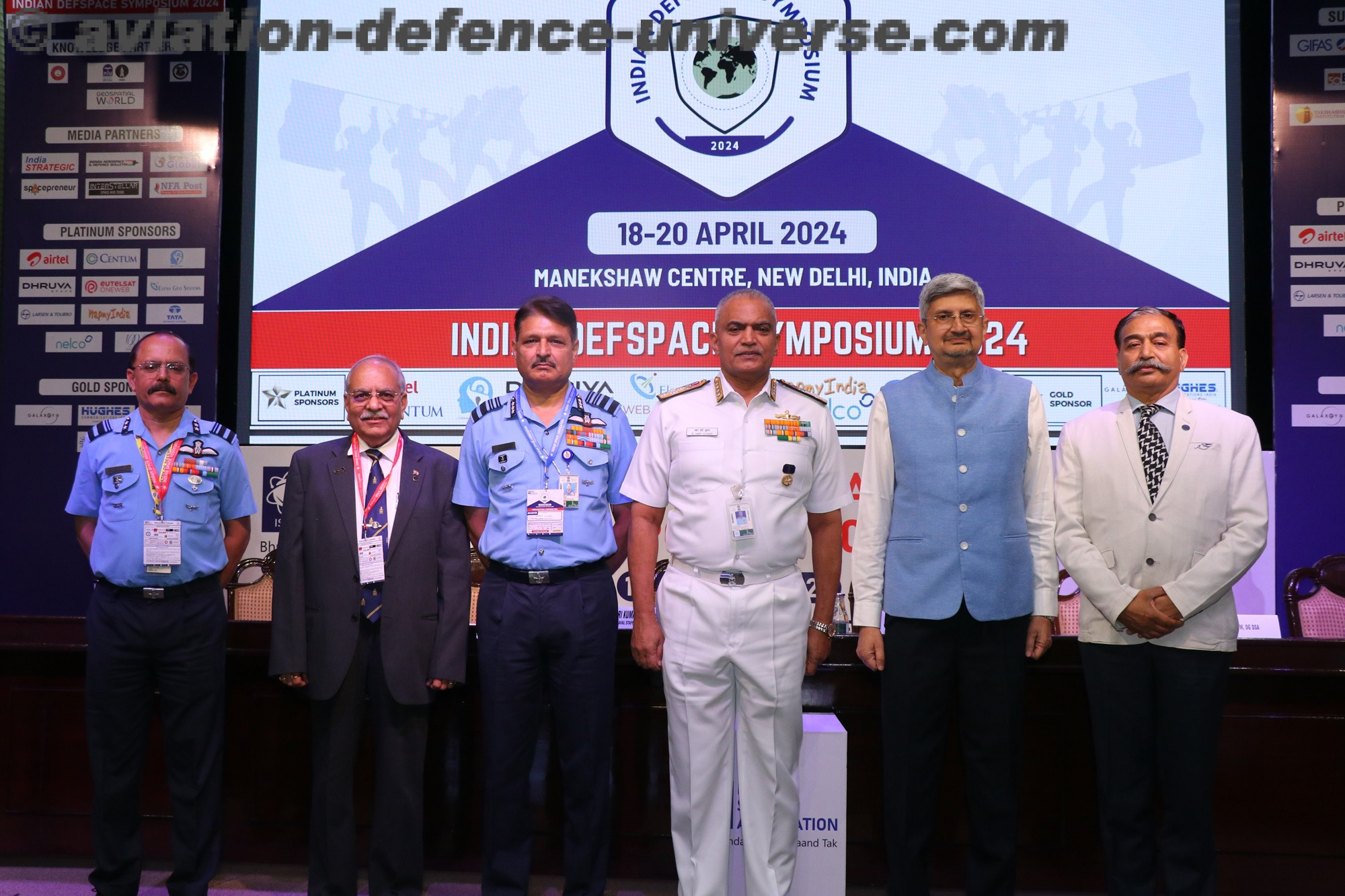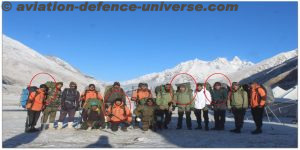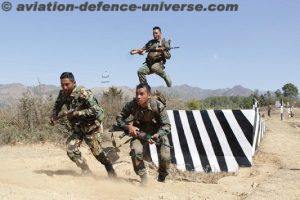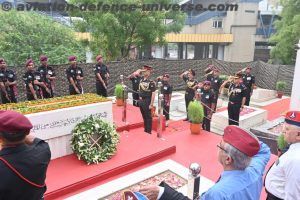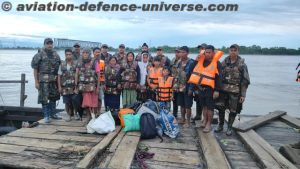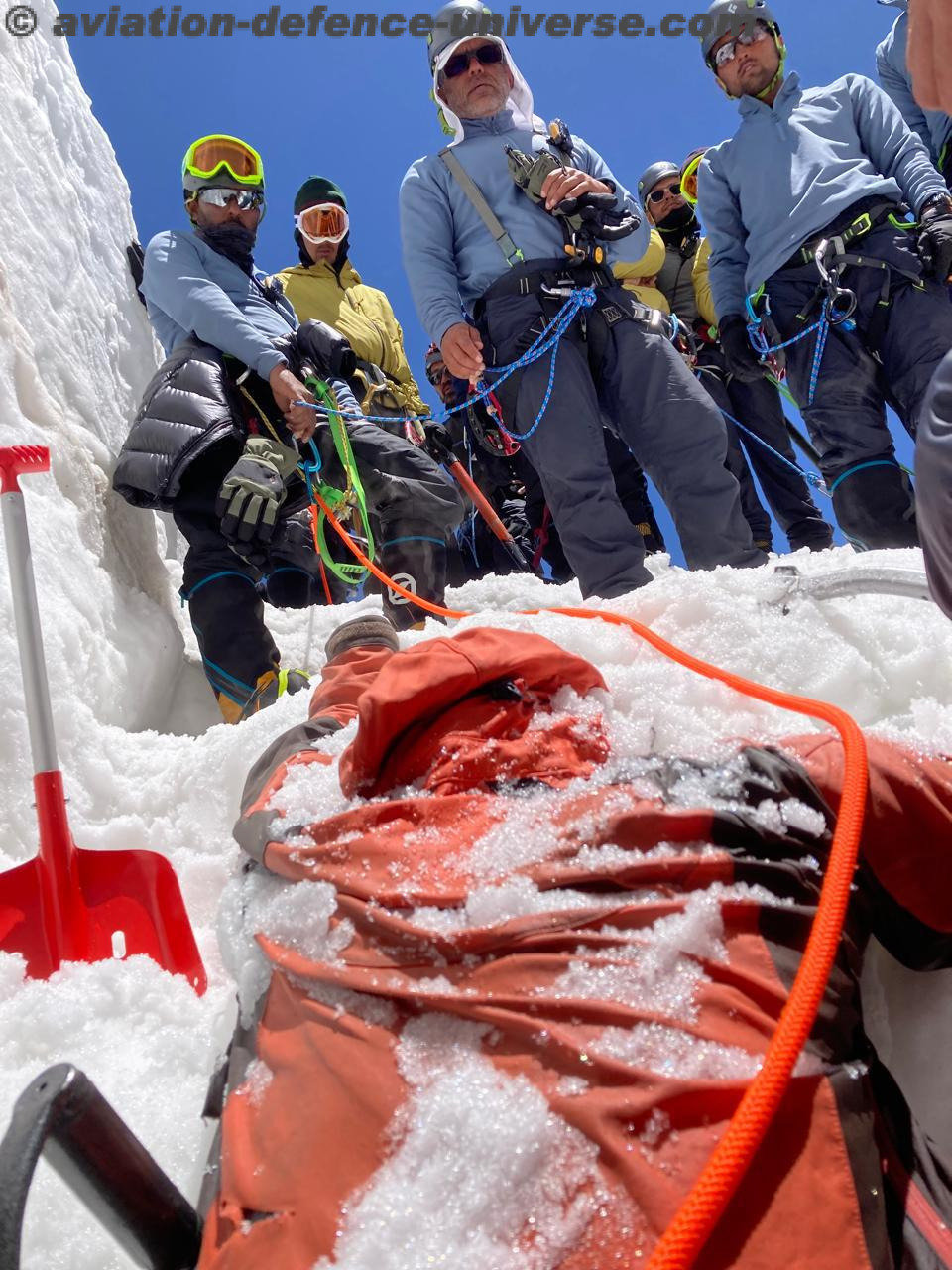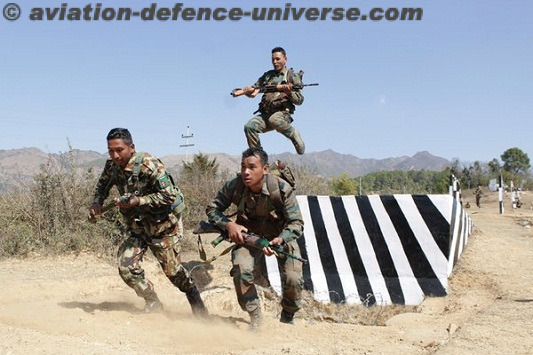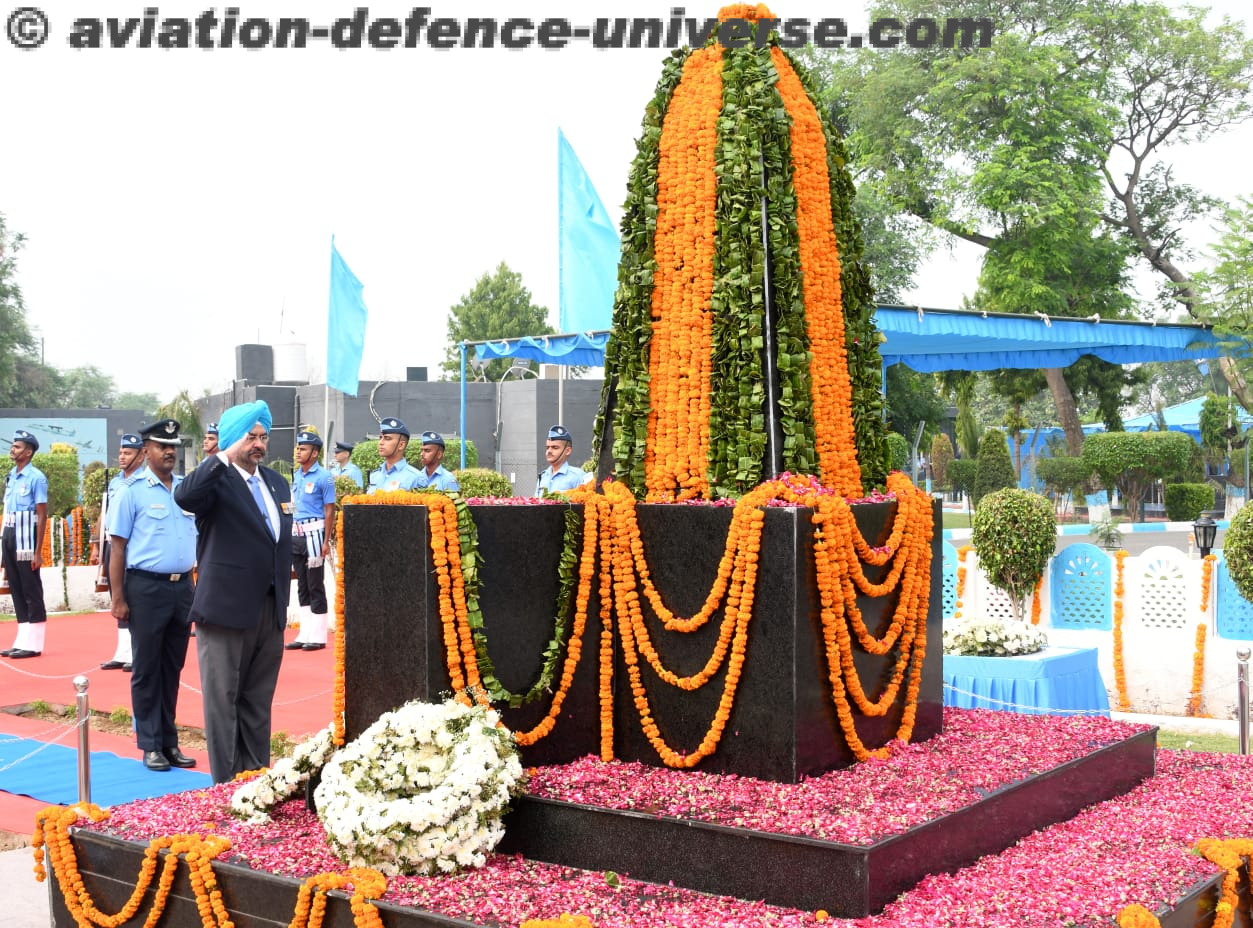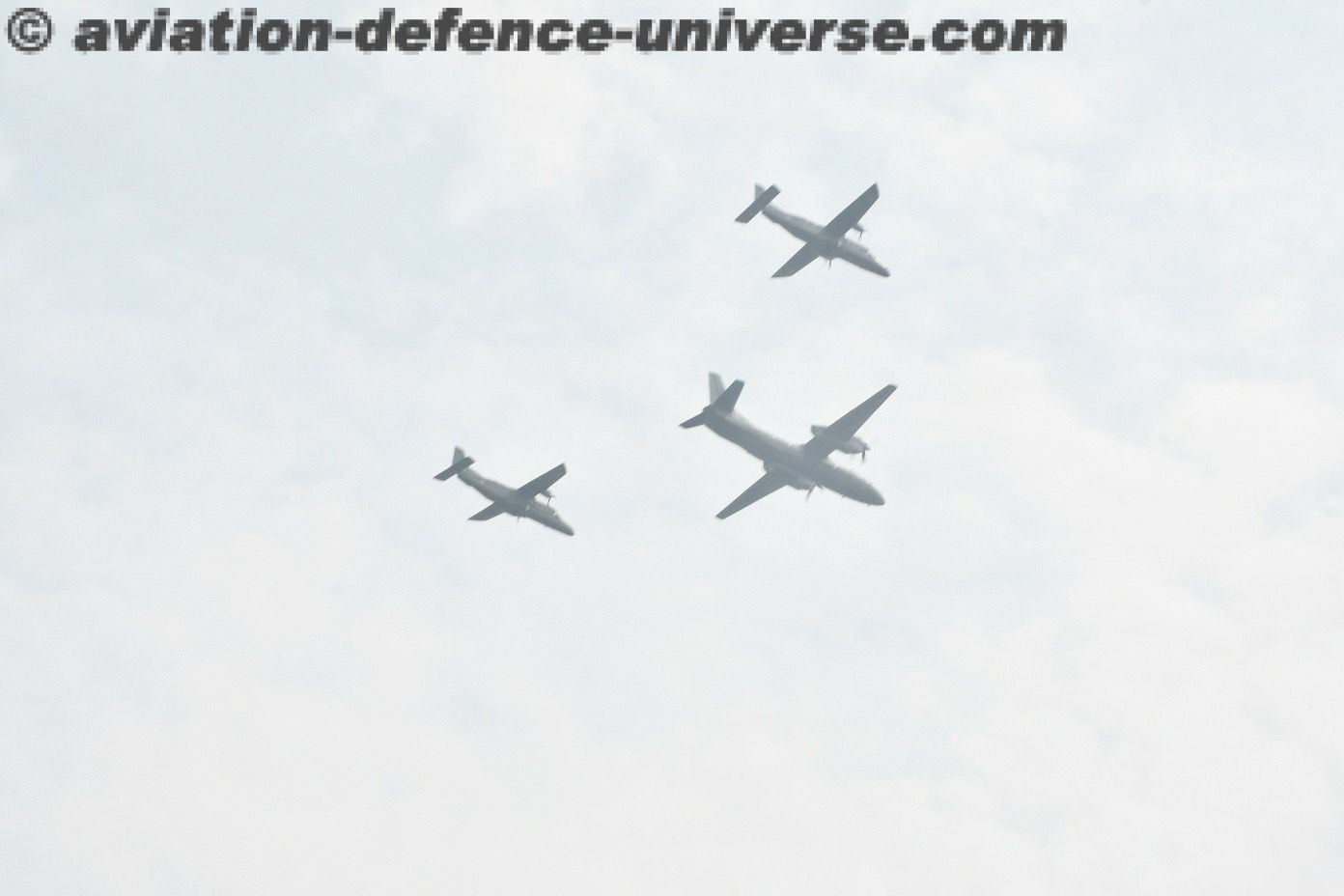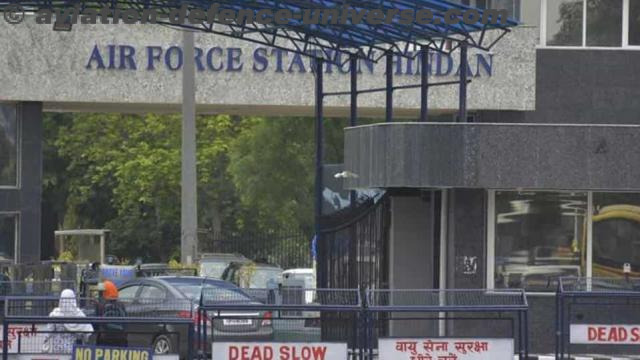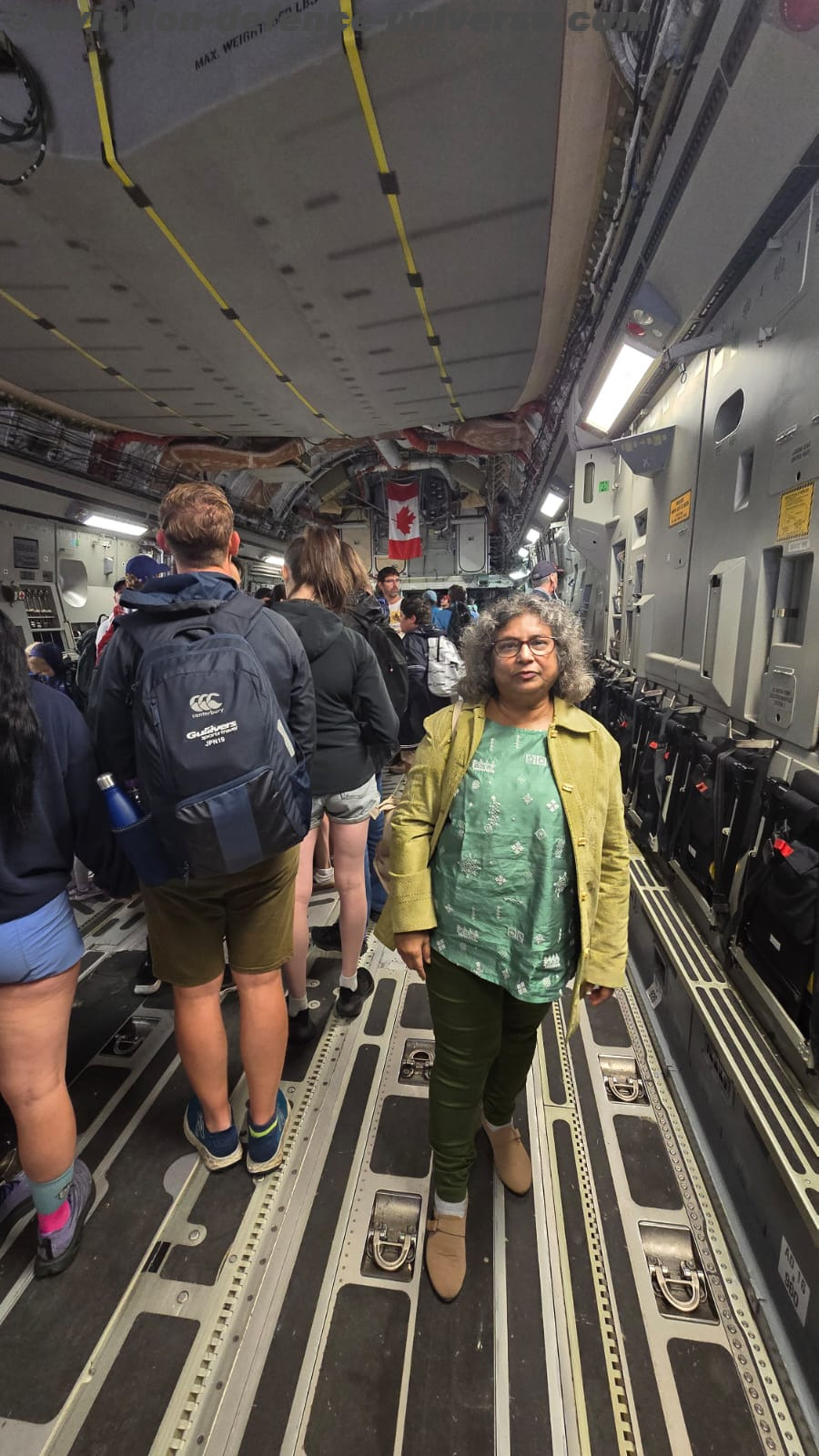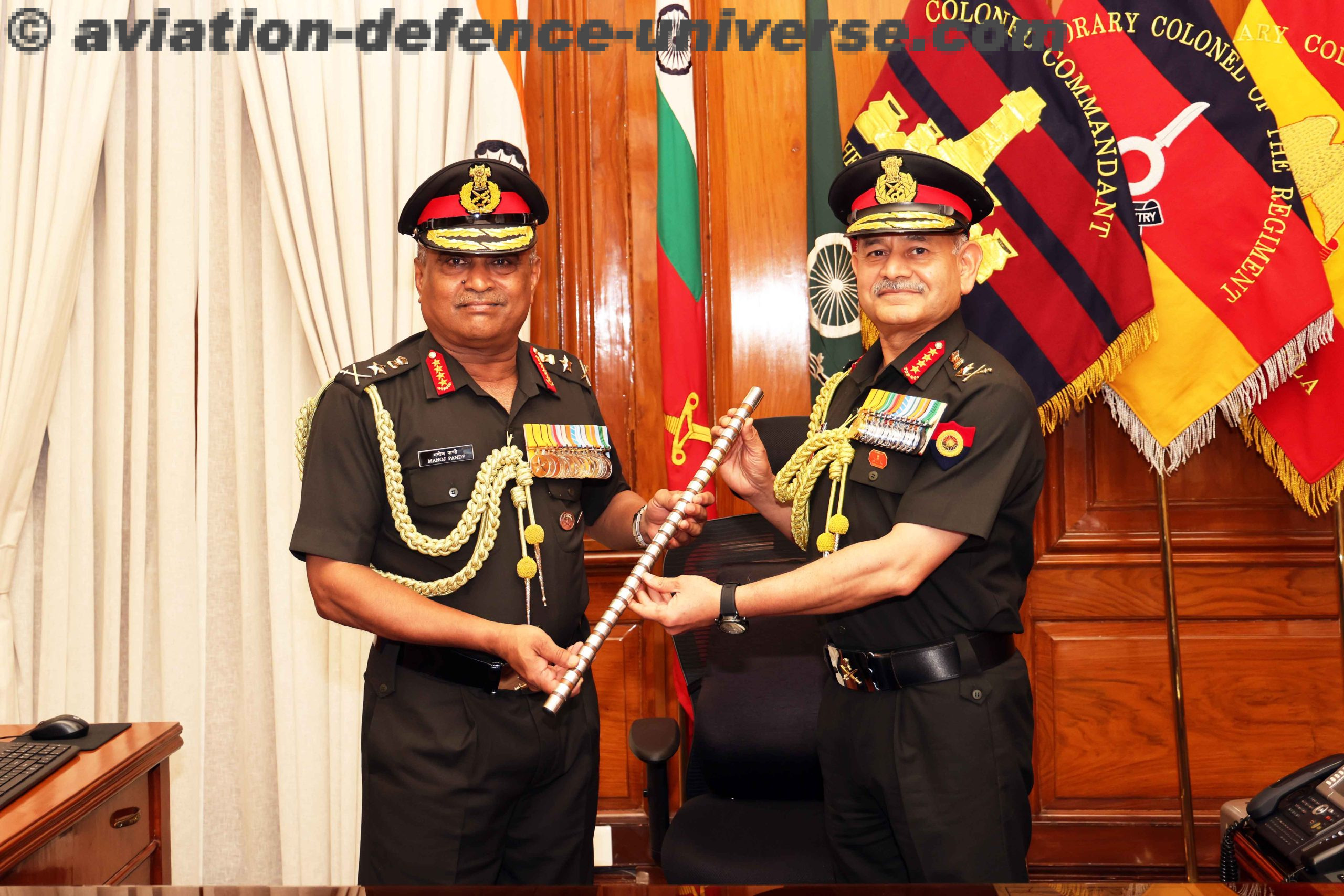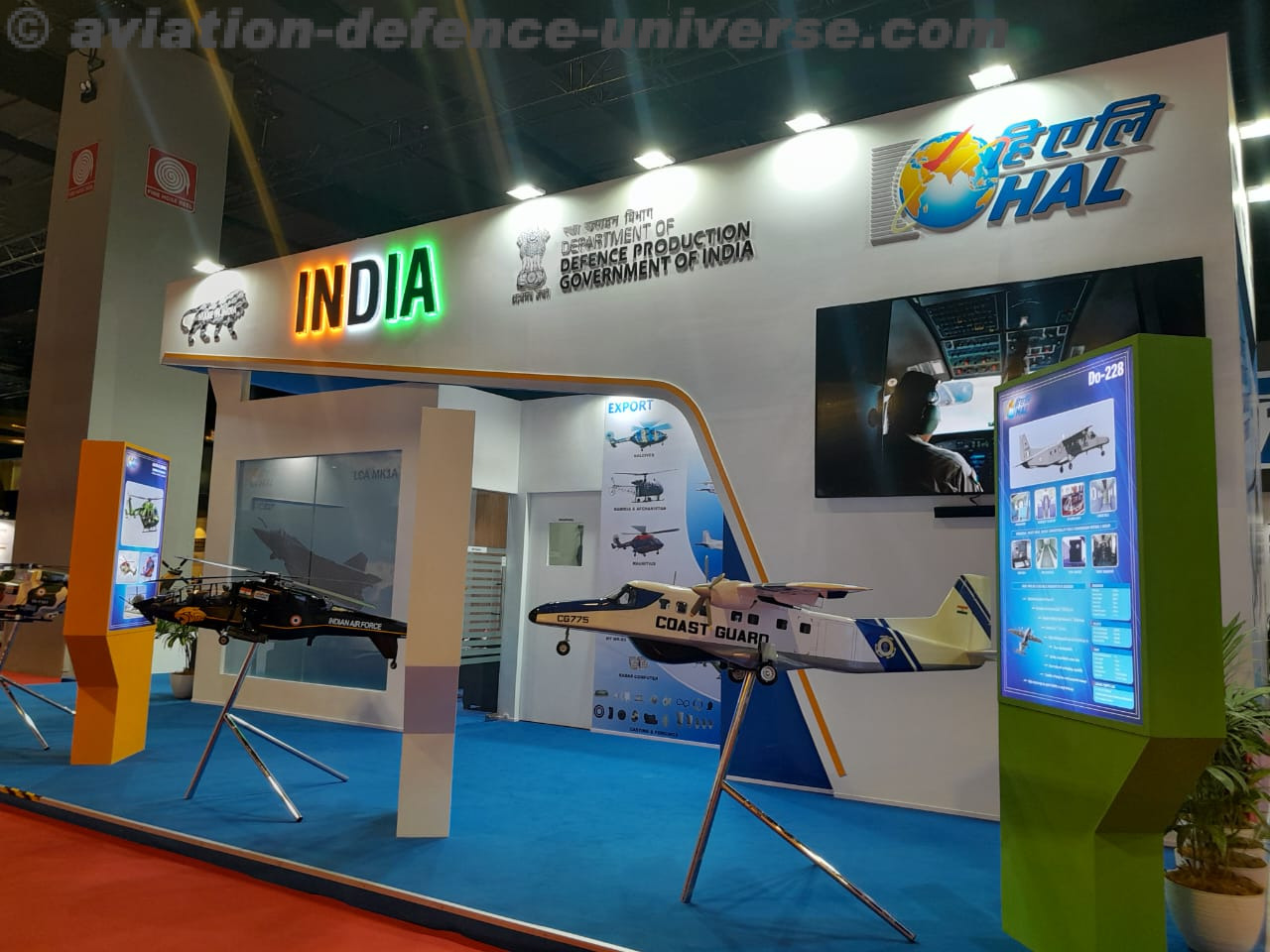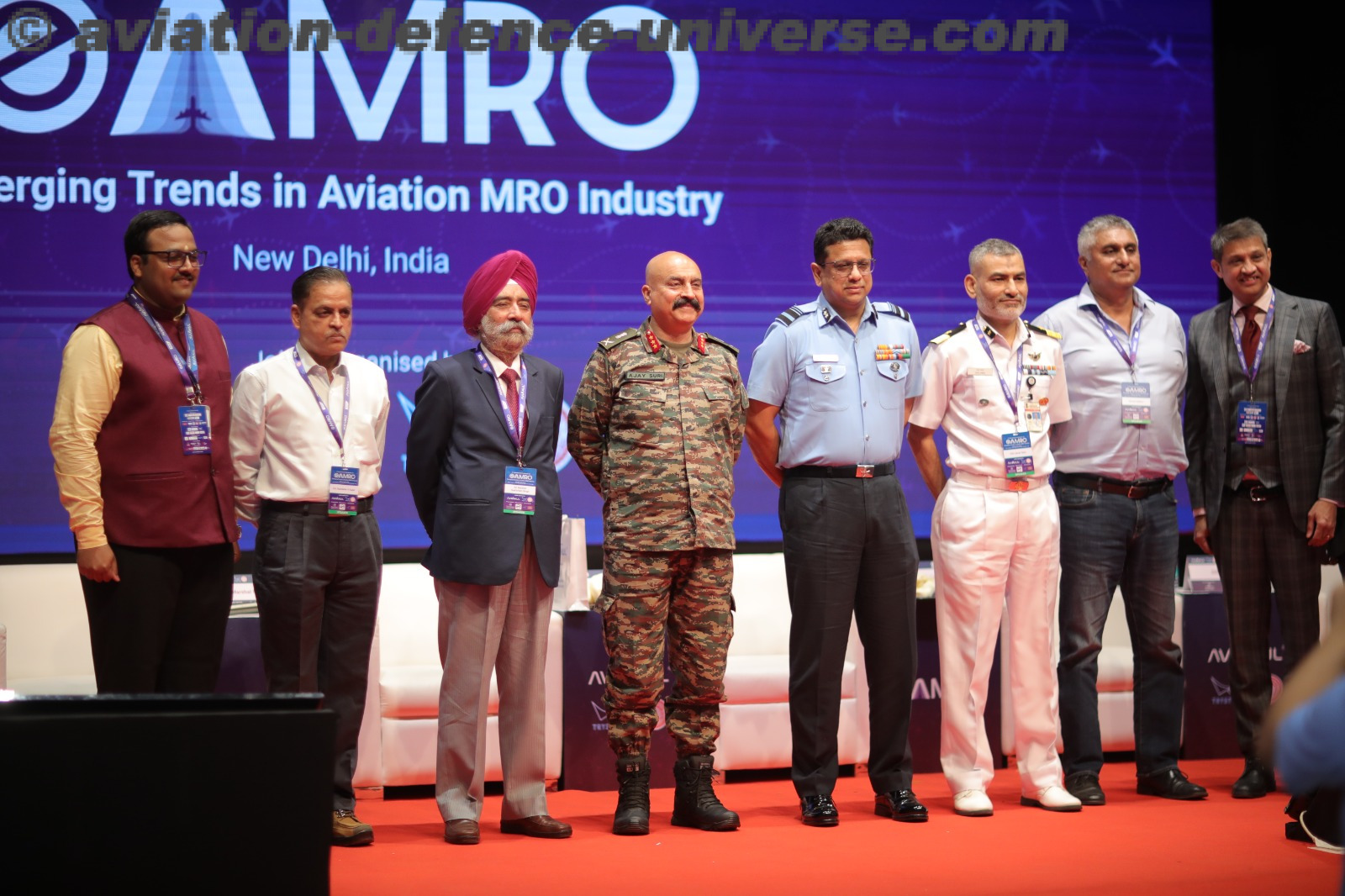- Special concessions announced by JGU for children of war widows and serving army personnel to pursue education programmes.
- Distinguished Public Lecture by Chief of Army Staff, General Bipin Rawat
- Second Career for Army Officers after retirement stressed.
March 05, 2018, Sonipat: Underlining its commitment to nation building, O.P. Jindal Global University (JGU) announced special concessions for children of war widows and serving army personnel.
The announcement was made during a distinguished public lecture on ‘Indian Army in Nation Building’, delivered by the Chief of the Army Staff, General Bipin Rawat at JGU campus in Sonipat on 5th March.
One child of a war widow will get 100% concession on tuition fee while two will get 75% concessions on tuition fee. 11 Children of war widows will get 50% concessions on tuition fee. As regards serving army personnel, 50% fee concessions will be given to them for pursuing long term academic programmes of one or two years durations. The Jindal Institute of Behavioural Sciences will also conduct free teacher training for Army School teachers.
Speaking on the occasion, General Rawat spoke on the need for Armed Forces personnel to keep abreast of latest technological developments which will help them to take on futuristic challenges with the emergence of artificial intelligence and other modern developments. He emphasized the role of higher education institutions in preparing Army personnel for second career after retirement.
“We (the Indian Army) cannot live in isolation. Our people have to start interacting with the universities to upgrade our knowledge levels. We propose to send some of our officers to universities to exchange ideas and develop opportunities. We have over 1,000 officers aged between 45-55 years who retire every year as they do not get empanelled for promotion. They are experienced, talented and have the practical knowledge. But they do not have the stamp of a degree. Similarly, 50,000 of our soldiers also face similar situation and face difficulties in their second career after leaving armed forces. That is what we are looking at,” General Rawat said while addressing the students at the event.
General Rawat further pointed that interested army men can enrol and participate in short-term and long-term academic programmes and training workshops at the University. He said,” we as officers in armed forces get degrees from the prestigious Jawaharlal Nehru University. But we never had an opportunity to go to this university ever in our career. Our soldiers will learn the modern skill based education at universities and that would help us evolving our armed forces to the needs of the present,” the General explained.
The General also informed that Armed Forces in India has not only been addressing conflicts but also contributing to nation’s growth. “The Indian armed forces not only secure the borders but also provides a cushioning internationally for investors and creating a favourable ambience for investments like FDI.” “With this impression that the Indian armed forces are capable of securing the borders, gives confidence to international investors. I can assure you that whatever budget is provided to armed forces, a good part of it is also utilized in developing infrastructure, roads, schools and hospitals in remotest areas of the country,” he stated.
Stating that Indian Army is a “Humane” army, the Army Chief said that it has been effectively handling terrorist challenges in a professional manner unlike in many other countries.
He also exhorted the students to excel in their respective fields and said they were the future of the nation. “How you think and do will decide the future of our country. It’s you, the students here, who will lead the nation,” he added.
Welcoming General Bipin Rawat, Prof (Dr) C. Raj Kumar, Founding Vice Chancellor, JGU called his visit a historic moment, as this was the first ever visit by a serving Army General to the university campus. He appreciated the “extraordinary contribution” of the Armed Forces in the service of the nation. He also announced special fee packages for wards of war widows and serving army personnel.
Reinforcing JGU’s aspiration to sustain the spirit of public service, Prof. (Dr) C. Raj Kumar said, “The universities play a special role in the development of societies and prepare the professionals of future India for the radically changing geo-political environment around them, both in India and internationally. JGU’s commitment to nation building is imbibed in our founding mission and motivates us to host Armed Forces personnel and their wards in different capacities on the University campus. We are immensely pleased and hopeful about the opportunities that this partnership between JGU and the Indian Army will foster, not only between two institutions, but to the larger community of Indian Armed Forces. We are deeply grateful to Chief of the Army Staff, Gen. Bipin Rawat, for his vision and support to this project, and for taking the time to visit the JGU campus today and inspire our students to be the uninhibited leaders of our nation.”
In his opening remarks Lieutenant General Rajesh Kochhar (Retd), senior director, Jindal Institute of Leadership Development and Executive Education (JILDEE) and the Chief Administrative Officer of JGU spoke about the contribution of the armed forces towards civil society thereby contributing to nation building.
JGU’s partnership with the armed forces began in 2009. JILDEE in particular has undertaken many training and capacity building programmes for the Indian Army. The three-week Mandarin Chinese course for Indian Army officers by native speakers is one of the key examples.
Following the public lecture, Gen Bipin Rawat participated in a round table discussion on ‘Army-Civil Society Interface’ which was organised by Jindal School of International Affairs (JSIA), Jindal Global Law School (JGLS) and Jindal School of Government and Public Policy (JSGPP). The participants deliberated on the critical edge and challenges with which Indian army and civil society operate within the diverse ecosystem of the country.




